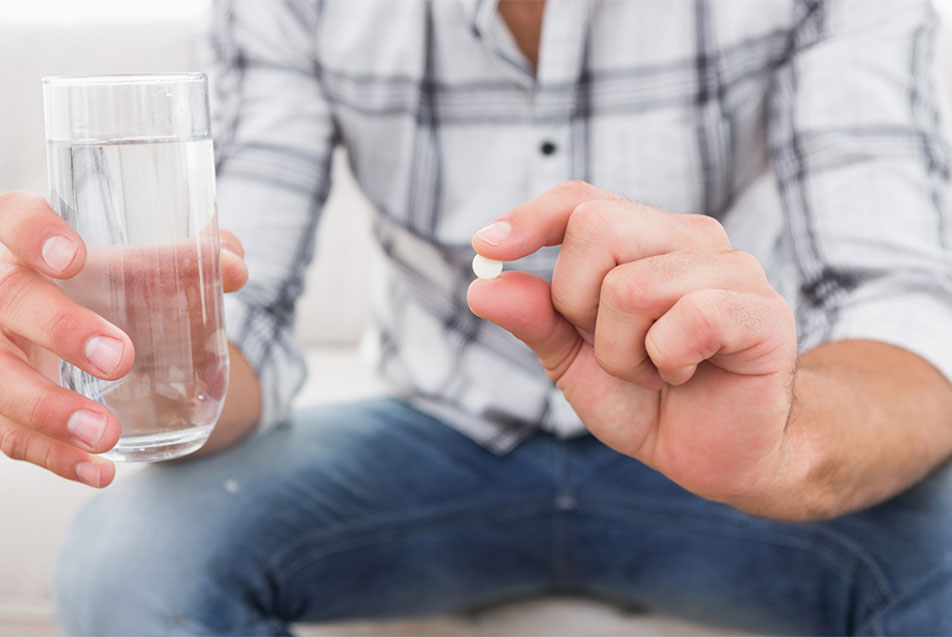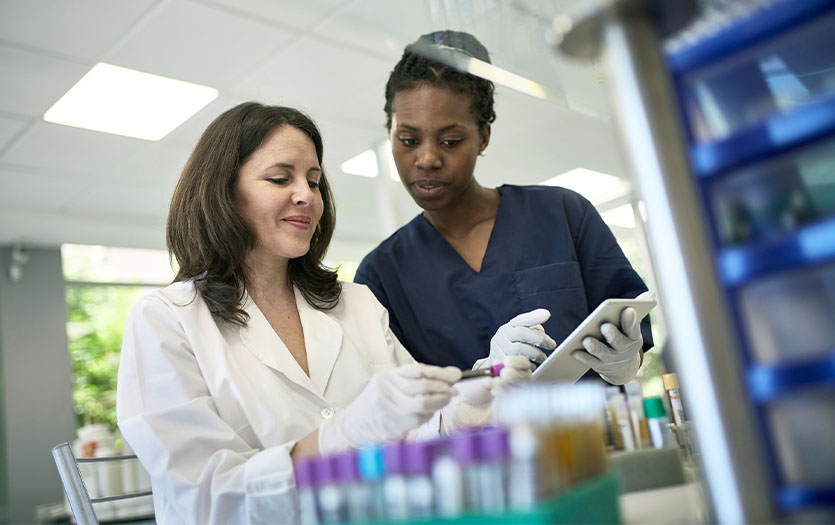According to the CDC, about one in ten Americans take prescription antidepressant medications. Many elements can lead to depression, and what may cause depression in one person is not always the same as another. Genetic, biological, environmental and psychological factors can play a role independently or together, and treatment will vary based on the individual. It's widely understood that depression can be treated with medication, but many of us aren't clear on just how these drugs help people reach an improved mental state. Jared Netley, PharmD, MPA, Resident, Pharmacy, Parkview Regional Medical Center, helps us understand how antidepressants work, and what we should know about using them.
How do antidepressants work?
Antidepressants increase natural chemicals in the brain that help transmit positive messages throughout the body. The three main chemicals antidepressants can target are serotonin, norepinephrine and dopamine. By increasing the chemical levels in the brain, the body can start to repair damages and reduce negative thoughts and emotions.
However, antidepressants are not a quick fix. It’s important to understand that this process is slow, and individuals should continue to take the medication even if they don’t feel better right away. For many, it may be 6-8 weeks before the maximum benefits of the treatment begin to take full effect. Physical symptoms improve earlier, so patients may start to sleep better, eat better and feel like they have more energy fairly quickly, but emotional symptoms such as depressing thoughts, guilt, or thoughts of self-harm may take longer to improve. Every person will respond to therapy differently, and open communication with your physician is key to success.
What should I do if I feel like I’m not responding to therapy?
Talk to your doctor if you feel like the prescribed antidepressant isn’t working. As frustrating as it may be at first, don’t be discouraged. The medication’s dose may need to be increased, the medication might need to be changed or another medication might need to be added to the current therapy. Your physician can reevaluate at your next visit and help find a medication that works best for you.
Are antidepressants safe?
The possible side effects of antidepressants are specific to the medication used, as well as the natural chemical they act upon. Nausea, diarrhea, constipation, dizziness, anxiety and feeling tired are all common. Some side effects may eventually go away, but others may not. Talk to your doctor or pharmacist about the differences in each medication, and make a choice together based on your lifestyle and what kinds of side effects you can most tolerate.
Additionally, antidepressants may have interactions with your current medications. For example, medications that affect norepinephrine have some risk of raising the blood pressure; however, it is not normally more than a small increase. Medications that affect serotonin may increase the risk of bleeding for patients who are on blood thinners, and medications that affect dopamine may increase the risk of seizures for patients with known or undiagnosed seizure disorders. Speak with your doctor before consuming alcohol. In the brain, alcohol acts as a depressive agent, which is opposite of the desired benefit of the medication. Alcohol usually does not need to be avoided, but moderation is encouraged for those who choose to drink.
How long will I need to take antidepressants?
Many times, antidepressants aren’t a lifelong therapy. The medication is usually continued a little while after you feel like you’re back to normal to prevent relapse back into depression, and then it’s able to be stopped. Those who are at a high risk of relapse or have had multiple episodes of depression in the past may continue the medication for a longer period.




